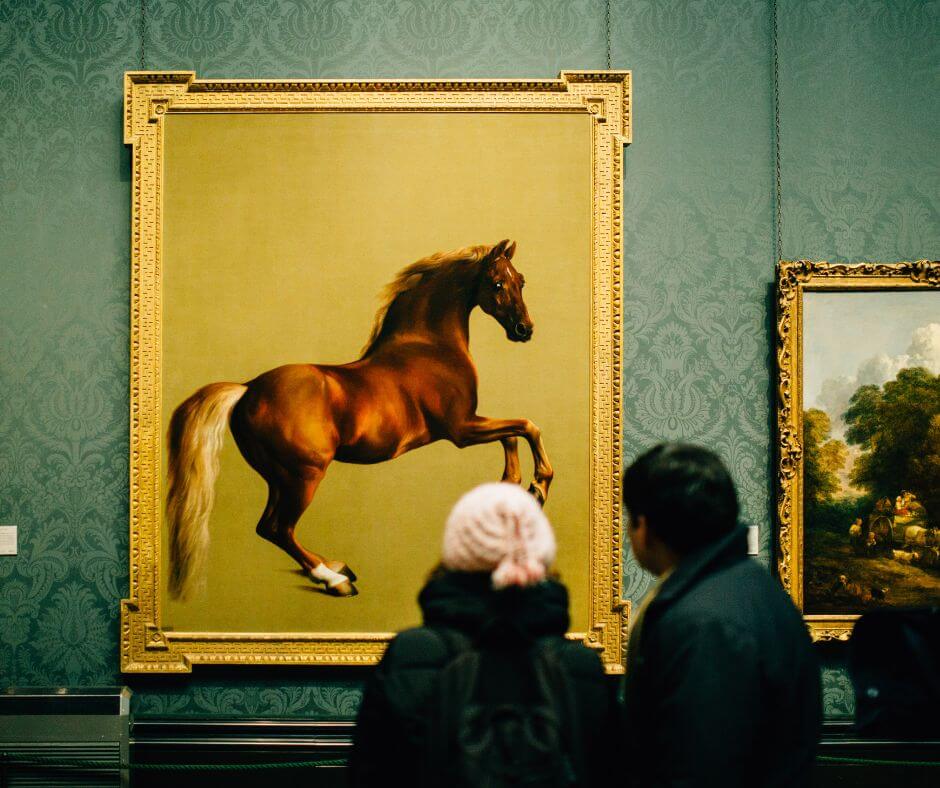Art, Not Science

I start these missives with the premise that nobody should pay more tax than they have to. Then, I launch into a story about someone finding a way to pay less. Usually, the story involves federal income taxes, which are the biggest tax bills most of us ever face. Sometimes, the story involves estate taxes, which can reach well into the millions. But people in other countries hate paying taxes, too. So, this week, let’s spend spring break in Paris, where a French appeals court just told a billionaire he has to live by the same rules as the rest of us. Sort of.
For five generations now, the Wildenstein family has been buying, selling, and collecting some of the most precious works of art in Western history. Nathan Wildenstein founded the Wildenstein Gallery in Paris in the 1870s before moving the operation to New York in 1903 and opening branches in London and Buenos Aires. Since then, Nathan’s son Daniel and Daniel’s sons Alec and Guy, grew a $10 billion empire selling and collecting works by artists like Raphael, Cezanne, Caillebotte, and Van Gogh. Guy filled one room of his family’s New York mansion with 10 paintings by French impressionist Pierre Bonnard. (What, you don’t have a room in your house dedicated to the work of a single painter?)
The Wildensteins are regulars in the art world press. But they’re no strangers to the tabloids, either. In 1997, Alec’s wife Jocelyne walked in on her 57-year-old husband and his 19-year-old girlfriend in the New York house. Alec confronted her with a gun and took the girlfriend downstairs to the pool. Jocelyne went to her bedroom and called the police, and Alec spent the night at the 19th Precinct. (No mint on the pillow.) Jocelyne herself drew headlines for a series of plastic surgeries designed to make her look like a cat, which led to nicknames like “Catwoman” and “The Bride of Wildenstein.” (Seriously. Click the link.)
Anyway, back to Paris, and our tax story already in progress. When Paris-based Daniel died in 2001, his son Guy reported the value of his estate at just €41 million. Apparently, he “forgot” to include assets held in a series of trusts. These included a compound in the Virgin Islands, a 66,000-acre ranch in Kenya, and various artworks, including Caravaggios, Gaugins, and Monets. Unfortunately for Guy, his stepmother Sylvia didn’t appreciate being swindled out of her inheritance. So she and her attorney went to French authorities to narc on the “maze of trusts and shell companies” Guy used to hide Daniel’s wealth.
French prosecutors accused Guy of perpetrating “one of the longest and most sophisticated frauds of the Fifth Republic.” In 2017, a court found he clearly tried to avoid tax. However, the judge acquitted him because there was no law in effect at Daniel’s death requiring estates to report foreign trusts. An appeals court upheld that verdict; however, France’s top court overturned it in 2021. That court found Guy had managed the trusts for his own benefit, meaning they should be included in Daniel’s estate.
Last fall, prosecutors retried Guy, seeking four years in jail and a €250 million fine. Last week, the court convicted him. He’ll pay a €1 million fine and spend two years wearing an ankle bracelet under house arrest. Of course, “house arrest” means something different when the “house” is a hotel particulier in the 16th Arrondissement. (In other words, a “mansion” in “the high rent district.”)
Fortunately, you don’t need a maze of trusts and shell companies to pay less tax. You just need a proactive planner with a menu of legal deductions, credits, loopholes, and strategies. Like us. You don’t even need to speak French to win big!
